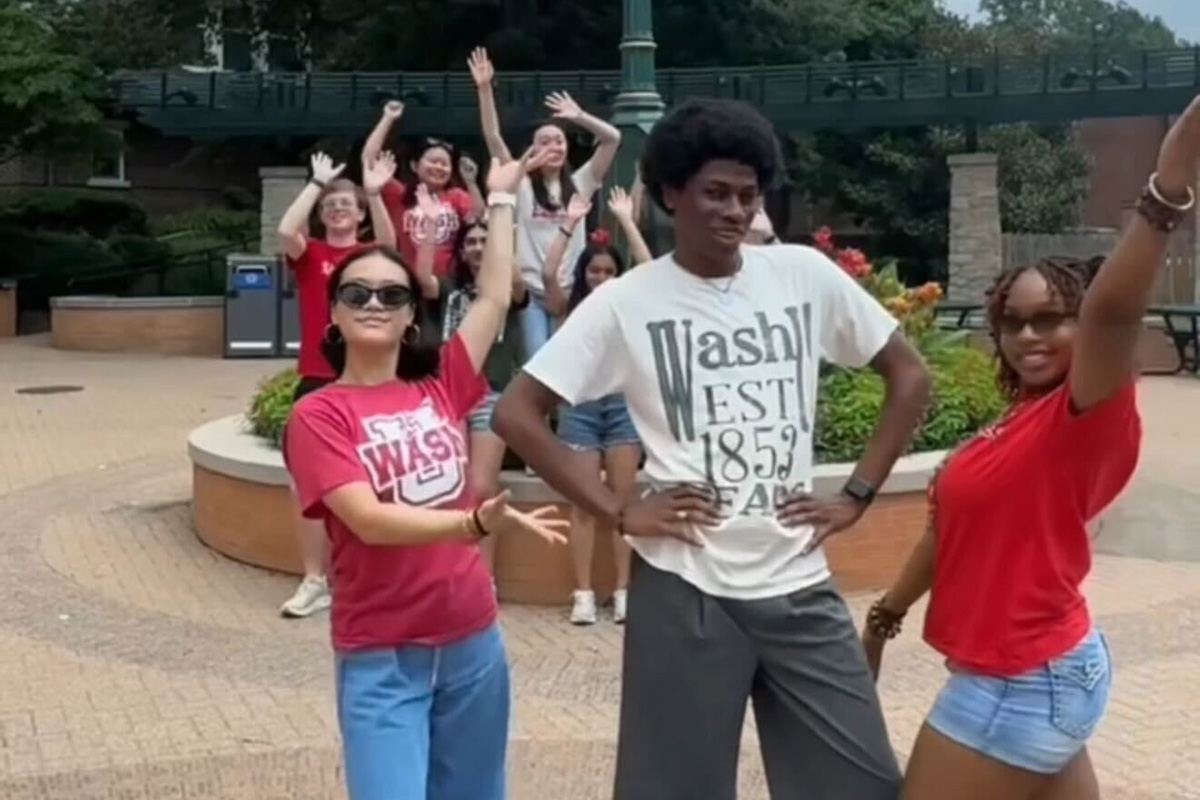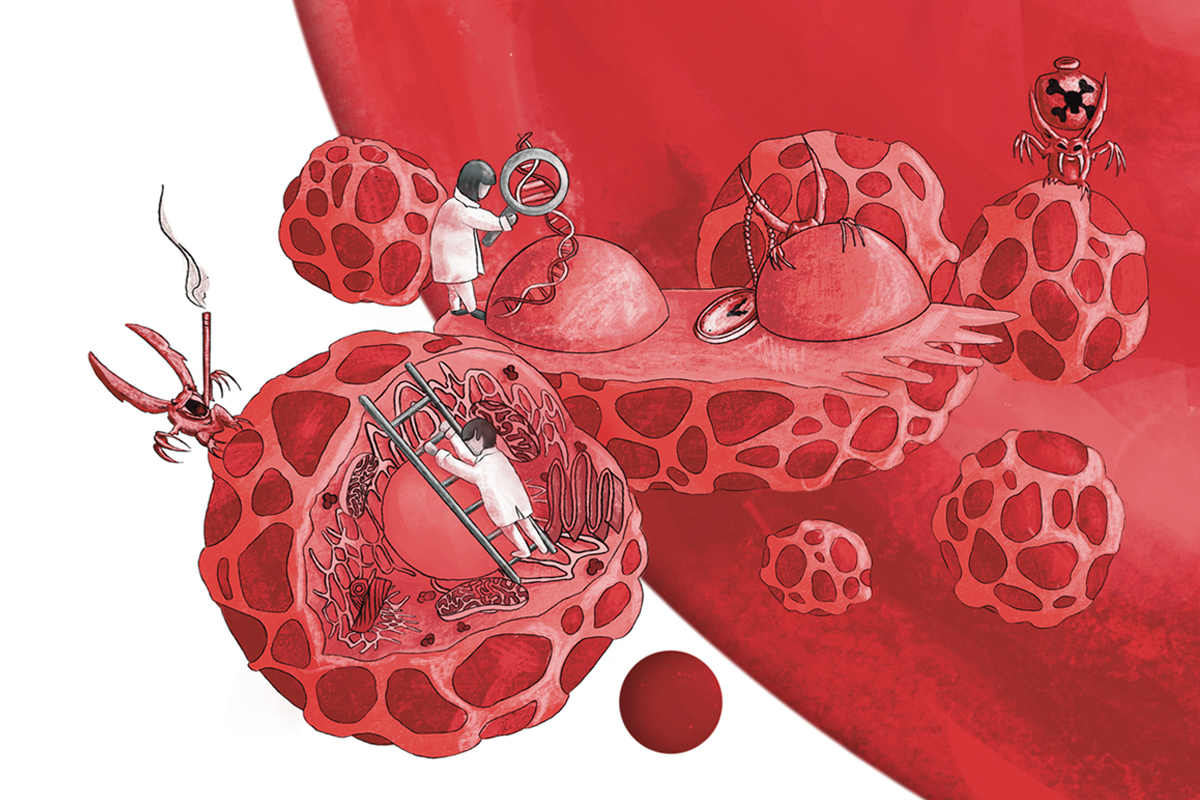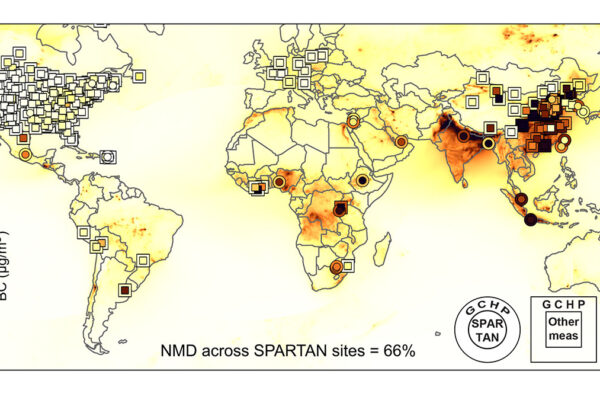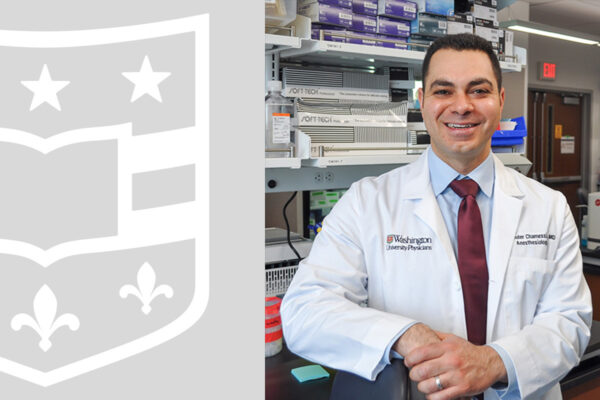The Record
Friday, Aug. 22, 2025
Top stories
Campus spaces honor Indigenous history, promote mental health
An effort led by the Buder Center at the Brown School has reimagined 15 spaces on the Danforth Campus as “Connection Points.” The natural areas include native plants that hold meaning for Indigenous communities.
Genetic study suggests ways to catch blood cancer earlier
In a new study, WashU Medicine researchers shed light on how newly acquired mutations in blood stem cells interact with mutations passed down by parents to influence a person’s lifetime risk of developing blood cancer.
Black carbon emissions underestimated in ‘global south’
Researchers at the McKelvey School of Engineering have used a variety of models to measure ambient concentrations of black carbon in the “global south” and found estimates of these harmful emissions have been grossly underestimated.

Social Post of the WeekWelcome to the Suite Life #WashU29! |
WashU in the News
What Trump’s DC takeover is really about
CNN
The (not so) quiet schism among academic leaders
Chronicle of higher education
How your brain’s nightly cleanse keeps it healthy
Scientific American
Billboard near Illinois high school promotes Proud Boys, drawing local outrage
KSDK-TV
Campus and community news
Alexander Chamessian, MD, PhD, an assistant professor of anesthesiology at WashU Medicine, was one of two early-career leaders chosen for this year’s Rita Allen Foundation Scholars Award in Pain.
Catherine Hanaway, a member of WashU’s Board of Trustees, has been appointed to serve as Missouri attorney general. As such, Hanaway will step down from the board. She will be sworn in Sept. 8.
A researcher at the McKelvey School of Engineering developed a way to create an embedded fingerprint in 3D-printed parts that would withstand the item being broken, a potential way to track “ghost guns.”
Perspectives
A warning about executive order ‘restoring gold standard science’
Leaders of geoscience journals, including Arts & Sciences’ Michael Wysession, have published an editorial arguing that a recent federal executive order threatens American scientific integrity. They argue that years of scientific advancement that has helped the U.S. economy, military and technology could be undone.
AGU Advances





